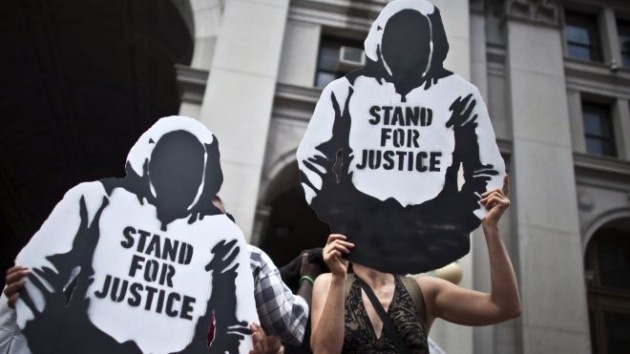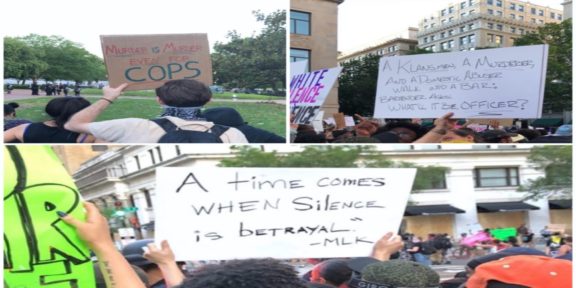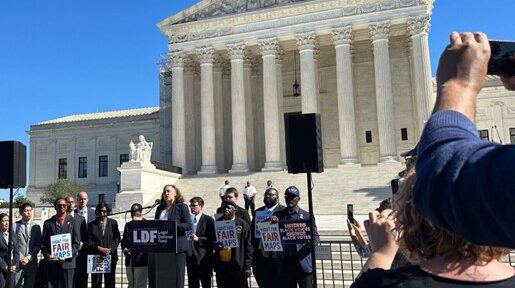
Stand-Your-Ground laws have resulted in the deaths of numerous Americans, including Tayvon Martin in Florida.
Stand Your Ground legislation could make its way to the Maryland General Assembly in 2014 following an August proposal by State Del. Pat McDonough (R-7th District).
The theory behind stand your ground law is that citizens have no duty to retreat in the event of a crime threat. The idea became the center of controversy following the fatal shooting of Trayvon Martin, an unarmed black teenager in Florida who was killed by George Zimmerman, a citizen patrol volunteer in the neighborhood.
Zimmerman was acquitted of a murder charge partly, according to one juror, on the basis of Florida's Stand Your Ground law. Zimmerman's acquittal left many, including President Obama and Attorney General Eric Holder, suggesting that state lawmakers re-examine the context of the law.
Florida's lawmakers recently amended the law. Some Maryland residents are outraged that McDonough is proposing a version of the law comes to their state.
Robert Moore, a lifelong resident of Maryland, believes that the proposed stand your ground law in his state won't sit well with residents.
"I am very surprised to hear [McDonough] is trying to enact this law in Maryland, and it is a bad idea. We [Marylanders] should be focused on maintaining the welfare and the liberal conservative integrity of the state," Moore said.
McDonough argues against Maryland's current law, which says that citizens have a duty to retreat. He is proposing a new law based on increased crime in areas such as Baltimore. The state legislator did not respond to requests for an interview for this story. But he told the Baltimore Sun that "the duty to retreat is the weakest form of protection for crime victims and their families."
Standard self-defense law says that citizens may use as much force as necessary to end an attack, but then must retreat to safety. In many states, a victim must also warn his attacker that deadly force will be used. Stand Your Ground law eliminates the duty to retreat and allows a victim to meet an attack with force, including deadly force.
Stand Your Ground law takes standard self-defense law further by allowing the use of deadly force, where self-defense requires citizens to stand down once they have fended off an attack. This "shoot first and ask questions later" ideology behind stand your ground indicates increased crime in states that have the statute versus those that do not. A study done by Texas A&M University revealed that since 2005, states with stand your ground laws had 500 to 700 more justifiable homicides than states that don't. The study also showed that justifiable homicides actually decreased in states without Stand Your Ground.
In Florida alone, the state where Stand Your Ground gained notoriety following Martin's death, justifiable homicide rates have tripled in the last decade since the law was enacted.
Twenty-three states currently have Stand Your Ground laws with several looking into passing legislation during 2014. If McDonough's proposal is successful, Maryland would be the 24th state to enact Stand Your Ground.








